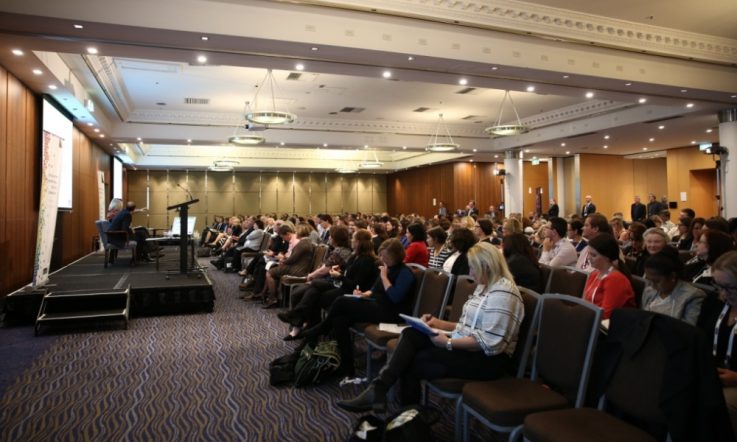Educators in Melbourne are carrying out school-based action research to connect the dots between professional learning, classroom practice and student achievement.
Fitzroy High School Principal Pauline Rice introduced the program last year. She says it 'makes sense' for schools to act from an evidence base.
'Overall, the whole kit bag of aligning staff performance plans with the annual implementation plan, [and] the professional learning program gives a strong focus to our work,' Rice tells Teacher.
'We are not doing any more work ... but we are concentrating on doing things well that will make a significant impact on student achievement.
'Teachers and other staff become more engaged because they can see connections between their learning and their impact in classrooms. It also gives teachers greater opportunity to talk to each other, observe each other’s practice, and build on each other’s experience and expertise.'
Each semester has a topic focus and staff work in groups to explore different aspects. The program started with a focus on differentiating the curriculum. 'We are now concentrating on using formative assessment and student feedback as part of that differentiation focus,' Rice explains.
The school's Data Manager, Peter Bennet, supports staff by helping with data collection tools, analysis and interpretation. As part of the focus on feedback, a survey was carried out and student responses were compared with teacher responses.
Bennet worked with a group of staff specifically looking at the questions: 'I give my students regular feedback' and 'The feedback I give my students helps them to improve their learning'.
He says there was a 'huge gulf' between responses from students and teachers. 'We thought "Does that mean that we're talking about different things? Do the [students] know what we mean by feedback?"
'So, we went and asked them and it turned out that the vast majority of them were quite aware that [it is] constructive criticism ... their idea of feedback was pretty much what we thought it was.'
Bennet says further analysis revealed that while some teachers were giving useful feedback, others were simply writing comments such as "This is good work".
'When we asked [students] what they thought was helpful ... they did know what they wanted.'
The discussion among staff then shifted to how to use the information gathered - what action to take. 'What we did was produce a bookmark [listing] what good feedback is and what bad feedback is.' The bookmarks were then distributed to all the teachers.
'That was really popular. It was just a little marketing thing, but it actually turned out to be one of the most effective things we did, because people had something that they could take away and keep handy and think about when they were responding to their students.'
How is feedback administered in your school?
Is there evidence to suggest that there is a direct link between feedback and improved student outcomes at your school?



